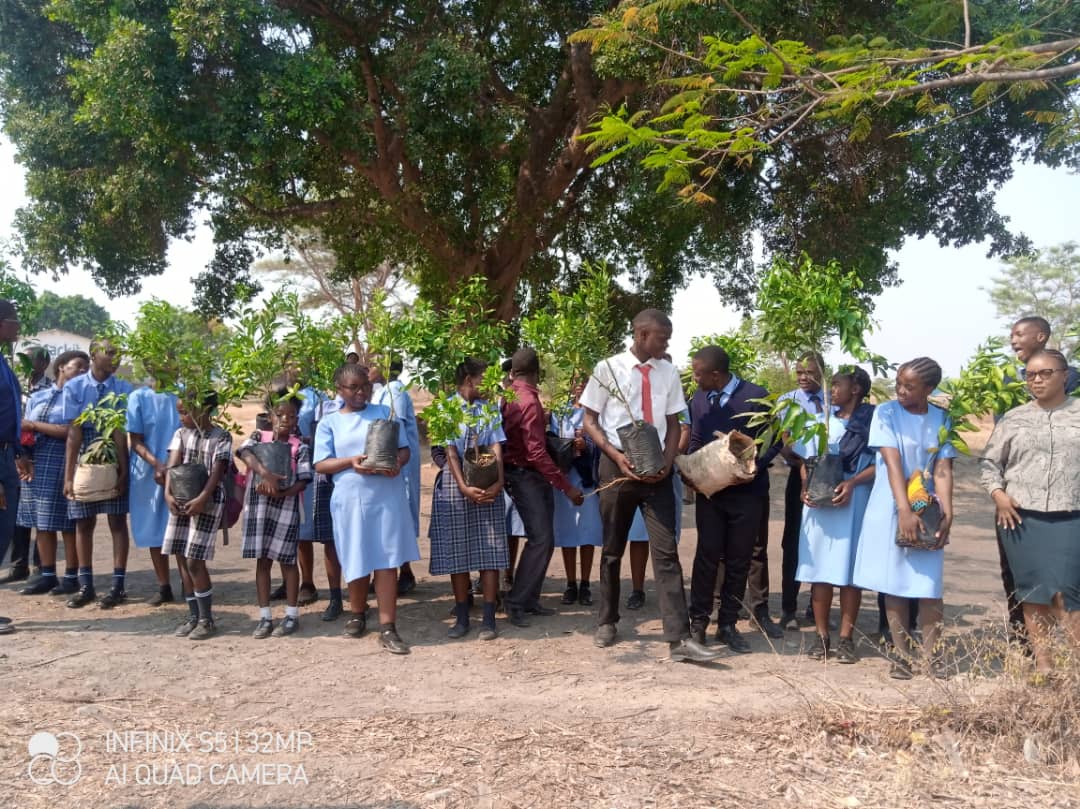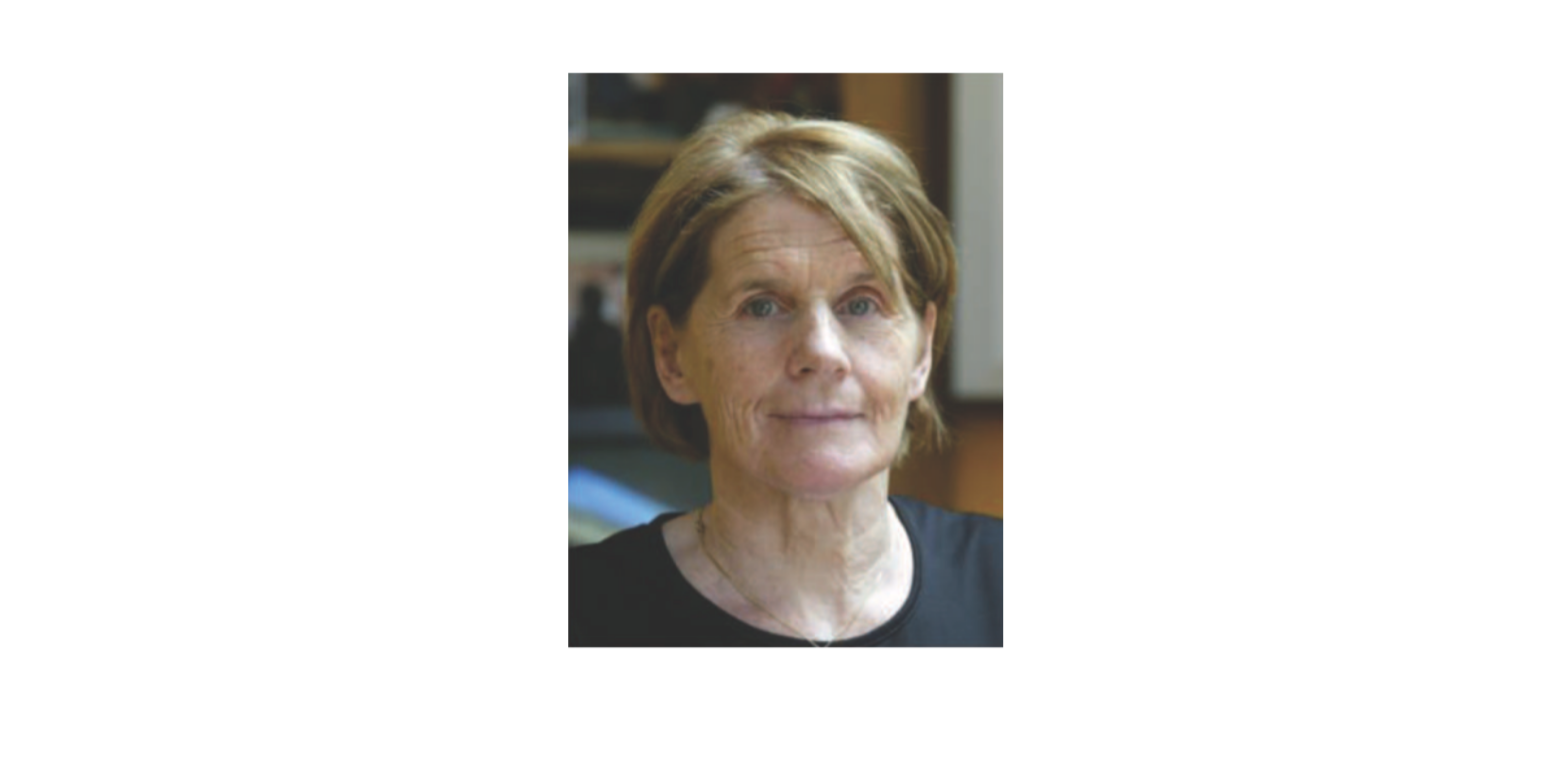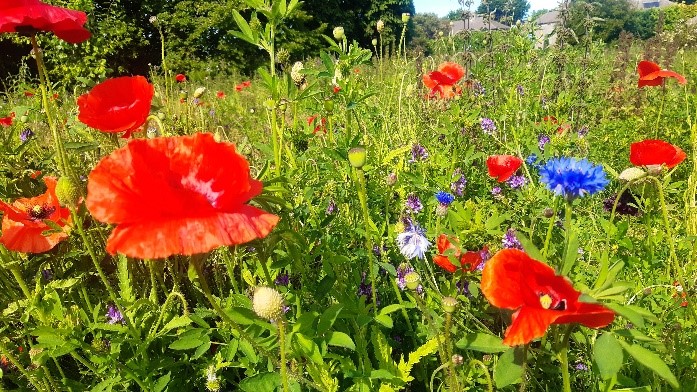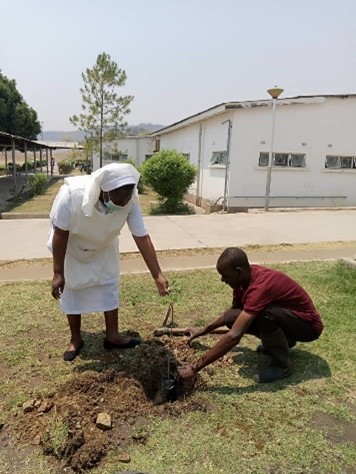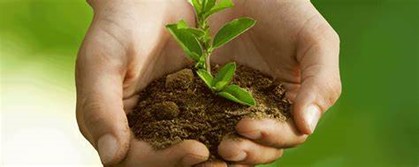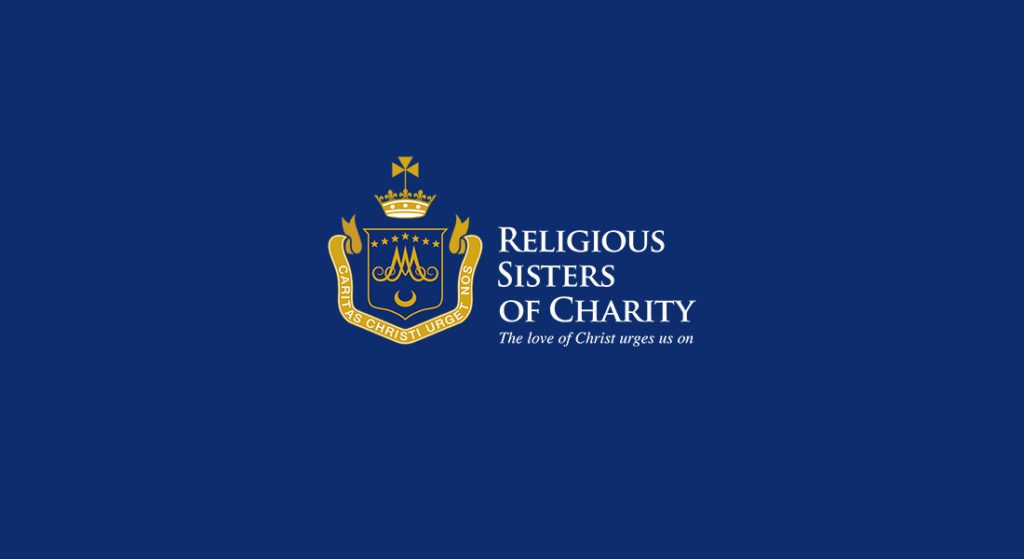
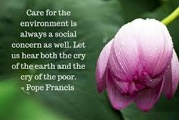 Lenoardo Boff in his book ‘Cry of the Earth, Cry of the Poor’ defined what are now primary pillars of catholic eco theology and environmental ethics, justice for the poor and justice for the earth. Boff’s work broadened theology’s gaze to include the natural world. It reasserted people’s place within creation.
Lenoardo Boff in his book ‘Cry of the Earth, Cry of the Poor’ defined what are now primary pillars of catholic eco theology and environmental ethics, justice for the poor and justice for the earth. Boff’s work broadened theology’s gaze to include the natural world. It reasserted people’s place within creation.
The wound of poverty breaks the social fabric of millions and millions of people around the world. The wound of systemic plundering of the earth’s vital life systems, breaks down the balance of the planet. Both of these wounds have as their starting point a cry, the cry of the poor and the cry of the earth both groaning under oppression. Boff and many other transformative figures, such as Teilhard De Chardin, Thomas Berry, Brian Swimme, saw connections others missed.
Pope Francis’ Laudato Si integrated this reality into his encyclical. He sees the cry of the earth and the cry of the poor as one cry. ‘It entails a loving awareness that we are not disconnected from the rest of creatures but joined in a splendid universal communion’. LS 220. ‘The deterioration of the environment and of society affects the most vulnerable people on the planet. Both every day experience and scientific research show that the gravest effects of all attacks on the environment are suffered by the poorest. The impact of present imbalances is also seen in the premature death of many of the poor, in conflicts sparked by the shortage of resources, and in any number of other problems which are insufficiently represented on global agendas’. LS 48. This reality is lived out in Regions where we work as Sisters of Charity. As I write parts of Zambia have not received the rains necessary for their crops to grow. The people do not have the resources to offset the drought or to move to alternative food sources.
What does this reality say to us as Religious Sisters of Charity with a fourth vow of service of the poor especially as we approach our General Chapter? What is the new Dawn? What is our Common Call? The recent statement from the RSC international care of the earth group offers a way forward. ‘Our call is to work with planet earth. Care of the earth is not just another issue among many. With earth as our context we come to understand our common call as inclusive of the whole community of life and to realise that every issue needs to be seen through creation centred eyes’. Statement August 2018.
This calls for a change of mindset. In our living and decision making we need to ask the question and consider ‘how will this affect the planet’? Open our eyes, open our hearts.
There are signs of hope. The current global movements of #SchoolStrike4climate and #FridaysForFuture show us how seriously children and teenagers are taking the issue of planet justice as they challenge our governments to take action on climate change. Mary Robinson’s book ‘Climate Justice’ documents the ability of ordinary people to make changes that favour the total community of life.
Sr Mary Judge RSC


